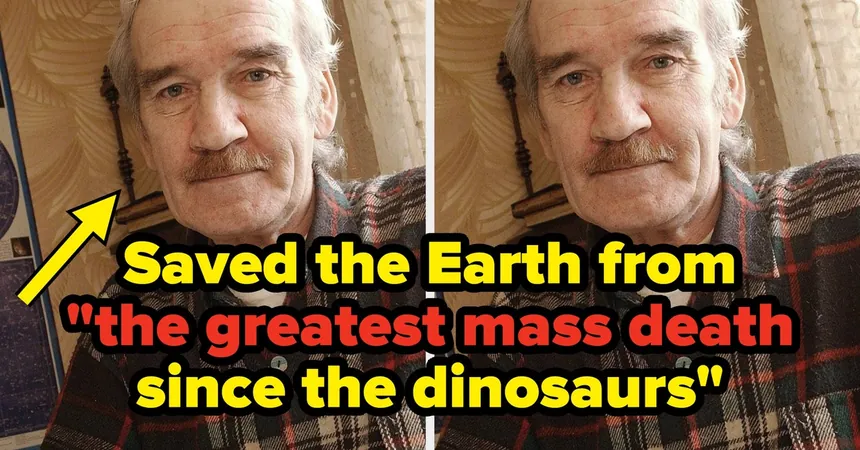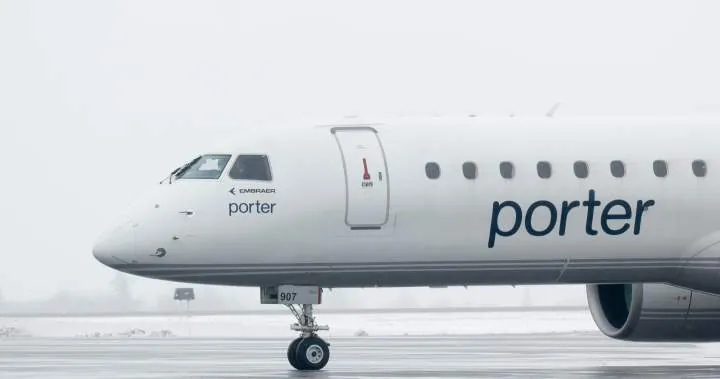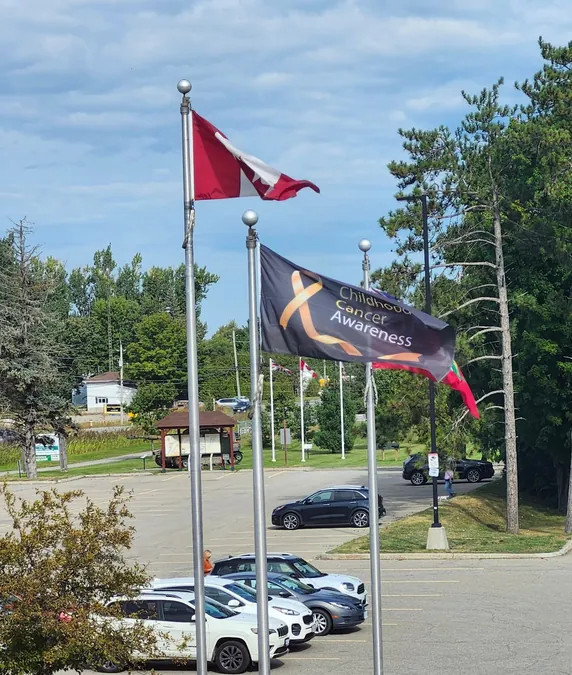
COVID-19 Cases Surge in Alberta: Are Vaccination Concerns the Next Crisis?
2025-09-10
Author: Liam
As COVID-19 cases begin to rise in Alberta, health experts are sounding the alarm over a potential crisis fueled by declining vaccine coverage and a more restrictive vaccination campaign. After a relatively calm summer, hospitals are seeing an uptick in patients battling the virus.
Dr. Lynora Saxinger, an infectious diseases specialist at the University of Alberta Hospital, highlights that recent trends show a worrying increase in both cases and positivity rates. "The percentage of positive tests is rising, both nationally and in Alberta. It's a sign that the virus is circulating widely once again," she cautioned.
Data from late August indicated Alberta's positivity rate had climbed to 5.5%, a statistic underscored by the Public Health Agency of Canada's assessment of viral wastewater levels, which are currently categorized as "high." While wastewater results aren't always directly correlated with case numbers, they indicate a greater presence of the virus in the community.
Alberta isn't alone in this surge; several U.S. states, including California, have reported similar spikes in COVID-19 cases. Craig Jenne, deputy director at the University of Calgary's Snyder Institute for Chronic Diseases, noted the current increase is significant but still lags behind last year’s surge. He suggests that as schools reopen and people gather indoors, the risk for further spread becomes even more pronounced.
Compounding these challenges are concerns over Alberta's new vaccination policies. The government plans to impose a $100 fee for most Albertans to receive the newly formulated COVID-19 vaccine this fall, a stark change from previous years, where vaccines were readily available at pharmacies. Instead, the government will only provide vaccinations through public health clinics, raising fears that many may remain unaware of how to access the shot.
Dr. Saxinger expressed concern that even those who would typically seek vaccination might miss out due to the new restrictions. The situation is further heightened by a trend of declining immunization rates, prompting fears of elevated disease burden this season.
The consequences of insufficient vaccine uptake could disproportionately affect vulnerable groups, particularly individuals with underlying health conditions. Statistics from the last respiratory virus season starkly illustrate the potential fallout: 405 Albertans succumbed to COVID-19, with 3,364 hospitalizations and 209 intensive care unit admissions.
Jenne warns that even a small increase in hospital visits from otherwise healthy individuals could overload the healthcare system. As physicians criticize the Alberta government for not adhering to guidelines issued by the National Advisory Committee on Immunization (NACI), which strongly recommends vaccination for seniors and at-risk populations, the landscape remains precarious.
While Alberta is providing free vaccines to seniors in care homes and certain at-risk individuals, broader access remains a concern. The province has secured approximately 485,000 doses for the upcoming season, with the ability to order more if necessary. However, will it be enough to mitigate the looming crisis?
With cases rising and vaccination hesitancy growing, Alberta finds itself at a crossroads. The decisions made in the coming weeks could determine not only the trajectory of COVID-19 in the province but also the health and safety of its residents.









 Brasil (PT)
Brasil (PT)
 Canada (EN)
Canada (EN)
 Chile (ES)
Chile (ES)
 Česko (CS)
Česko (CS)
 대한민국 (KO)
대한민국 (KO)
 España (ES)
España (ES)
 France (FR)
France (FR)
 Hong Kong (EN)
Hong Kong (EN)
 Italia (IT)
Italia (IT)
 日本 (JA)
日本 (JA)
 Magyarország (HU)
Magyarország (HU)
 Norge (NO)
Norge (NO)
 Polska (PL)
Polska (PL)
 Schweiz (DE)
Schweiz (DE)
 Singapore (EN)
Singapore (EN)
 Sverige (SV)
Sverige (SV)
 Suomi (FI)
Suomi (FI)
 Türkiye (TR)
Türkiye (TR)
 الإمارات العربية المتحدة (AR)
الإمارات العربية المتحدة (AR)